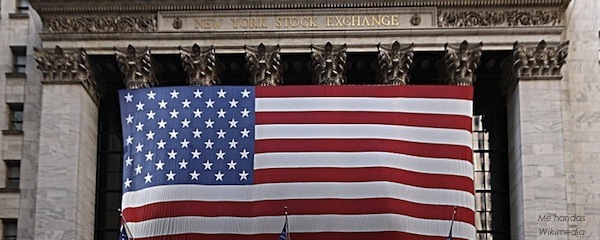I’m delighted to see the media taking the Bernie Sanders presidential campaign quasi-seriously, which is way better than my expectations. For example, this LA Times op-ed:
Let’s consider some of Sanders’ wild ideas:
– Free college tuition.
– A $1 trillion program to rebuild the nation’s roads and bridges.
– Break up giant financial institutions.
– Publicly funded elections.
– Higher taxes on the wealthy.
– Government-run healthcare.
[…] he will have done this country a great service if, through his blunt talk and grandfatherly presence, he gets more citizens to stop being distracted by scare stories and political labels and to start considering ideas on their merits. A 40-hour work week, a minimum wage and restrictions on child labor were once thought of as subversive, socialist doctrines, but they have turned out to be pretty good ideas for Americans — except maybe for the billionaires.
(NOTE: Each point is further elaborated and commented on in the full piece. I’ve just included the headers above.)
This 1989 Bernie Sanders interview on C-SPAN is incredibly compelling television, even at 40 minutes long:
Obviously I think he’s changed his mind on some things, procedurally at least. After all, he’s not running as an independent or third-party candidate this time. Still, it’s pretty riveting.



 Senator Bernie Sanders (I-VT) announced his Democratic presidential campaign this week and raised an impressive $1.5 million in the first 24 hours from about 35,000 donors. Although Clinton obviously has a much larger warchest on tap, this figure has at least put him solidly on par with major Republican contenders
Senator Bernie Sanders (I-VT) announced his Democratic presidential campaign this week and raised an impressive $1.5 million in the first 24 hours from about 35,000 donors. Although Clinton obviously has a much larger warchest on tap, this figure has at least put him solidly on par with major Republican contenders 
